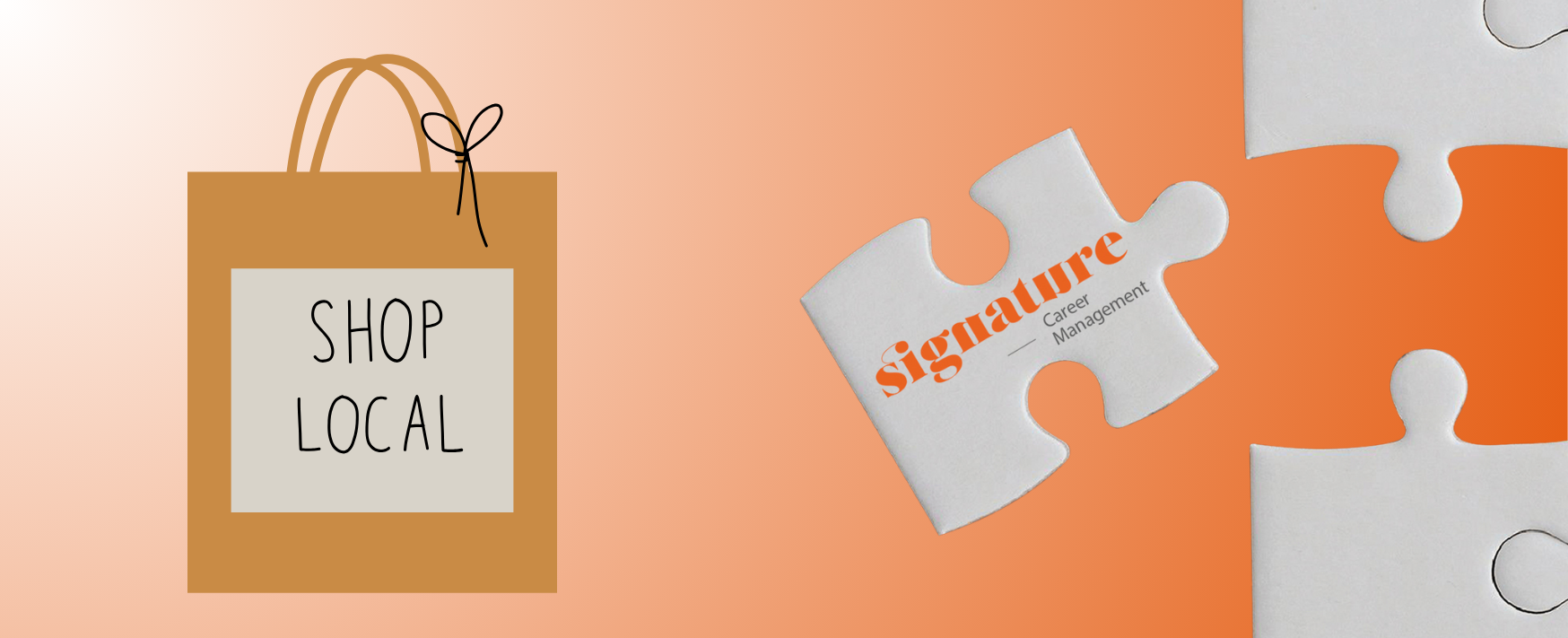
Small Local Brands Disrupting Giants: How FMCG Can Compete in a Fragmented Market
For decades, global FMCG giants dominated supermarket shelves with their scale, distribution muscle, and brand power. But today, the story is changing. Agile, regional players are gaining ground, winning over consumers with culturally rooted, niche offerings that resonate in ways global brands sometimes can’t.
From local snack startups to Ayurvedic personal care brands in India and artisanal beverage makers in Europe, small players are carving out meaningful market share, and forcing industry titans to rethink their strategies.
Why Local Brands Are Winning
1. Cultural Resonance
Consumers increasingly value products that reflect their culture, traditions, and local preferences. Whether it’s a flavour profile unique to a region or a skincare product rooted in indigenous ingredients, smaller players are capturing hearts by offering authenticity.
2. Speed & Agility
Unlike large FMCG corporations, small brands can innovate and launch products rapidly. Their ability to pivot based on consumer feedback gives them an edge in responding to evolving tastes.
3. Authentic Storytelling
Consumers today want to feel a personal connection to the brands they buy. Local businesses often thrive on authentic narratives, family heritage, artisanal methods, or sustainability commitments that resonate strongly with younger, values-driven consumers.
4. Community-Centric Distribution
Many small players succeed by leveraging direct-to-consumer models, local retail partnerships, or grassroots marketing, bypassing the high costs and bureaucracy of traditional FMCG distribution networks.
How Major FMCG Players Are Responding
The rise of local disruptors hasn’t gone unnoticed. Large FMCG players are:
Acquiring or partnering with regional startups to gain access to niche markets.
Localising product lines to reflect cultural preferences in specific geographies.
Investing in innovation hubs designed to bring agility and entrepreneurial thinking into large organisations.
But while strategy is critical, execution ultimately depends on having the right people in place.
What This Means for FMCG Talent & Hiring
To compete with nimble disruptors, FMCG businesses need to rethink their talent strategy. It’s no longer just about scale—it’s about agility, cultural insight, and innovation.
1. Sales Talent with Local Market Expertise
Winning locally requires sales teams who:
Understand regional retail dynamics and consumer preferences.
Can build grassroots relationships with local distributors and retailers.
Have the flexibility to adapt traditional FMCG playbooks to niche markets.
2. Marketers Skilled in Cultural Storytelling
Marketing talent must now:
Develop campaigns that resonate with local heritage and values.
Balance global brand consistency with regional customisation.
Leverage community influencers
and micro-marketing, not just big-budget national campaigns.
3. Innovation & Entrepreneurial Mindset
Large FMCG businesses need employees who think like entrepreneurs: fast-moving, willing to experiment, and unafraid to fail quickly. Innovation skills will be critical to keeping pace with smaller, agile competitors.
4. Data-Driven Local Insights
Analytics professionals who can identify micro-trends at the community or regional level are increasingly valuable. Understanding niche preferences is key to scaling local successes nationally or even globally.
How Signature Career Management Can Help
At Signature Career Management, we recognise that disruption by local brands isn’t just a challenge, it’s an opportunity for FMCG businesses to evolve. We help organisations prepare by:
Finding sales talent with regional expertise, able to unlock opportunities in culturally specific markets.
Sourcing marketers who excel in authentic storytelling and know how to connect with consumers at a grassroots level.
Identifying entrepreneurial professionals who can bring startup-like agility into large organisations.
Advising on workforce strategies that balance global scale with local responsiveness.
Final Thoughts
The rise of local brands proves that in today’s FMCG market, bigger isn’t always better. Agility, authenticity, and cultural resonance are increasingly powerful tools for winning consumer loyalty. For large FMCG players, the challenge is clear: evolve or risk being left behind.
Success will depend not only on rethinking product strategies but also on reimagining the teams that bring those strategies to life. And with the right talent partner, like Signature Career Management, FMCG companies can bridge the gap between global scale and local agility.
For more FMCG insights, subscribe to our

